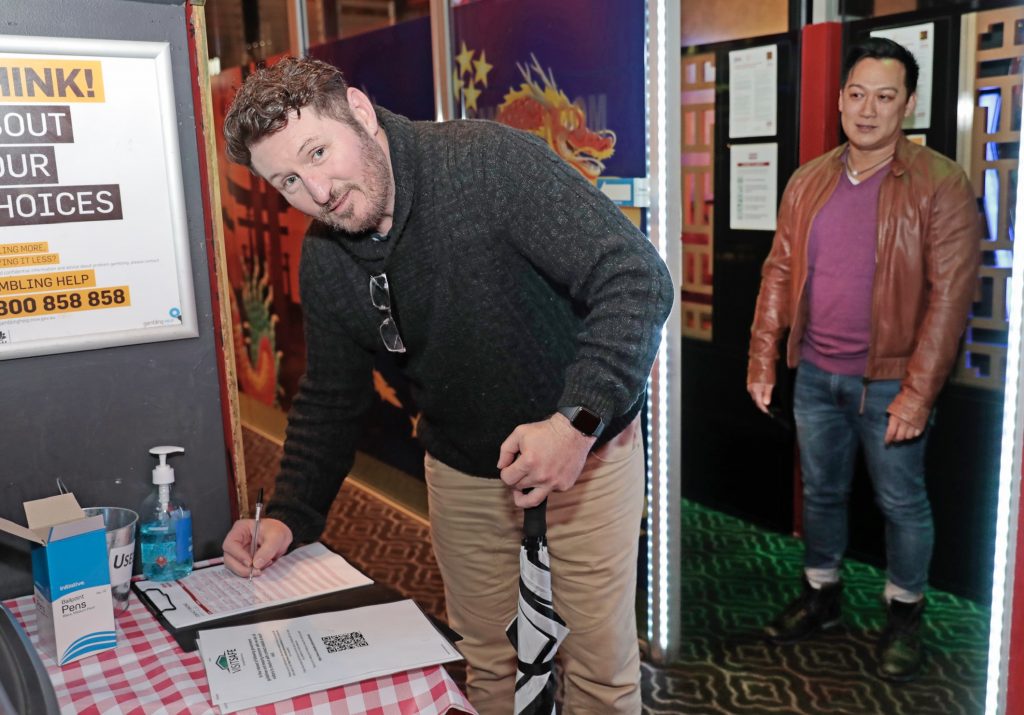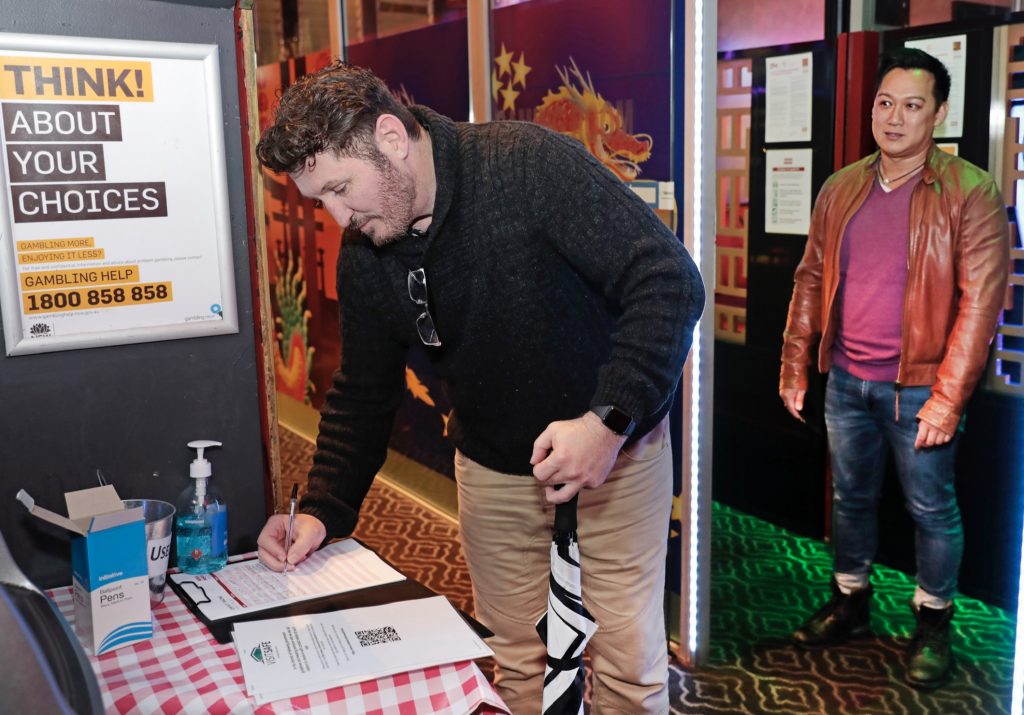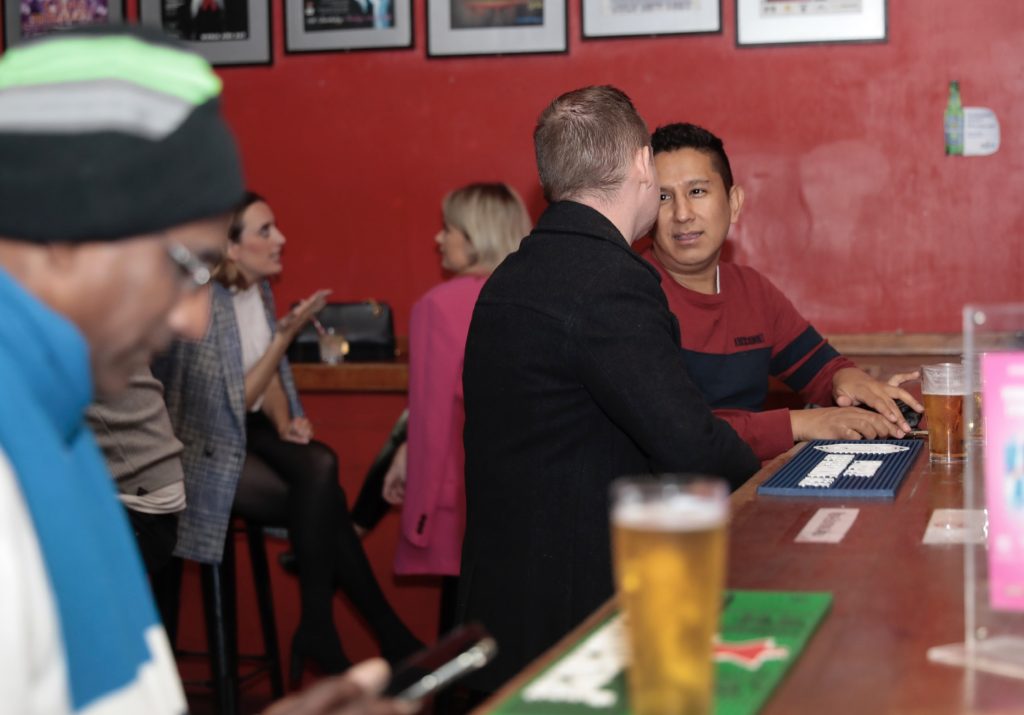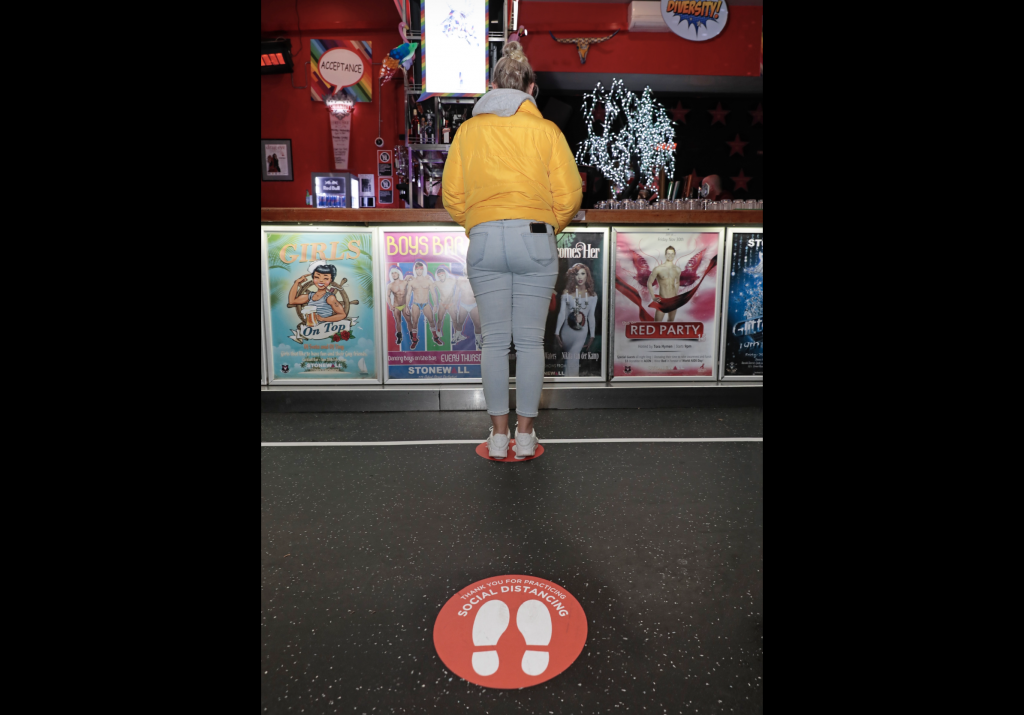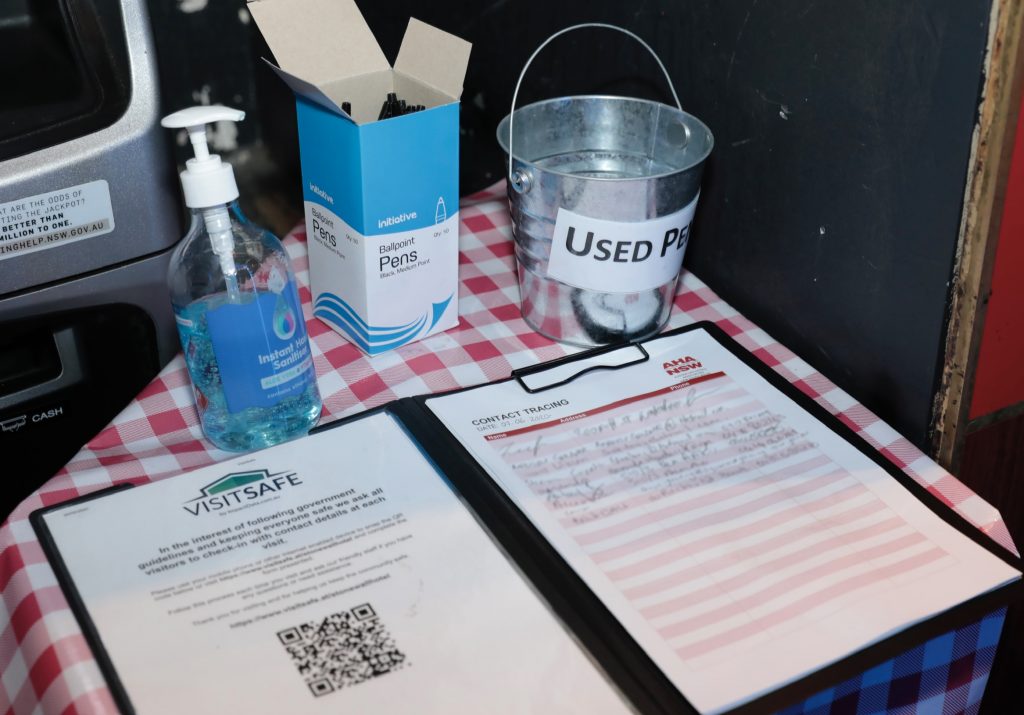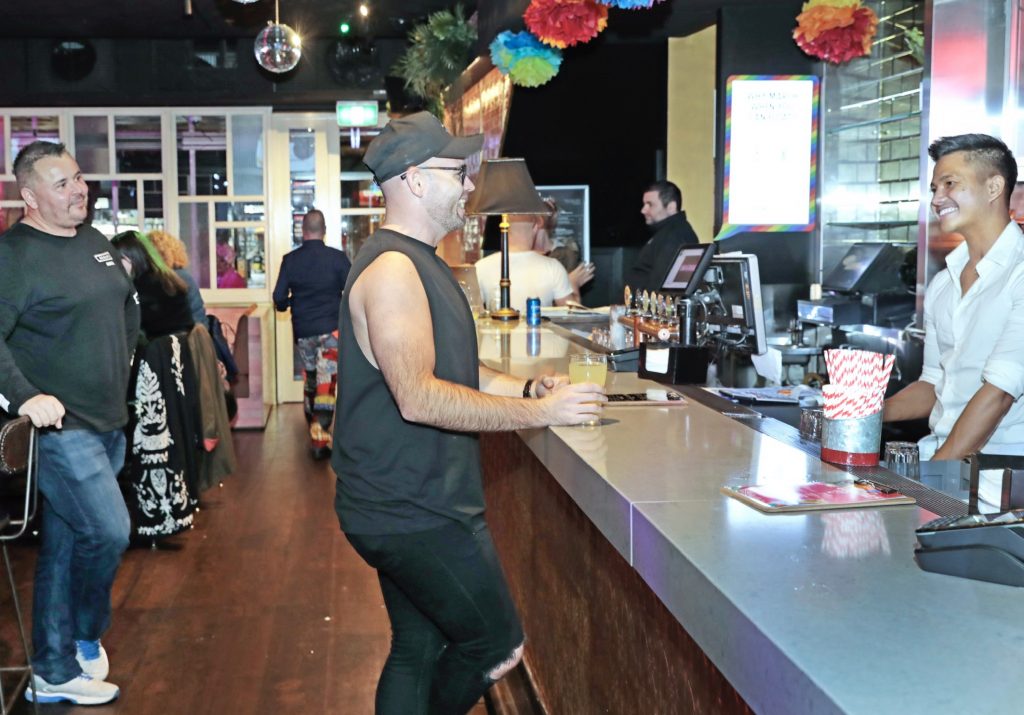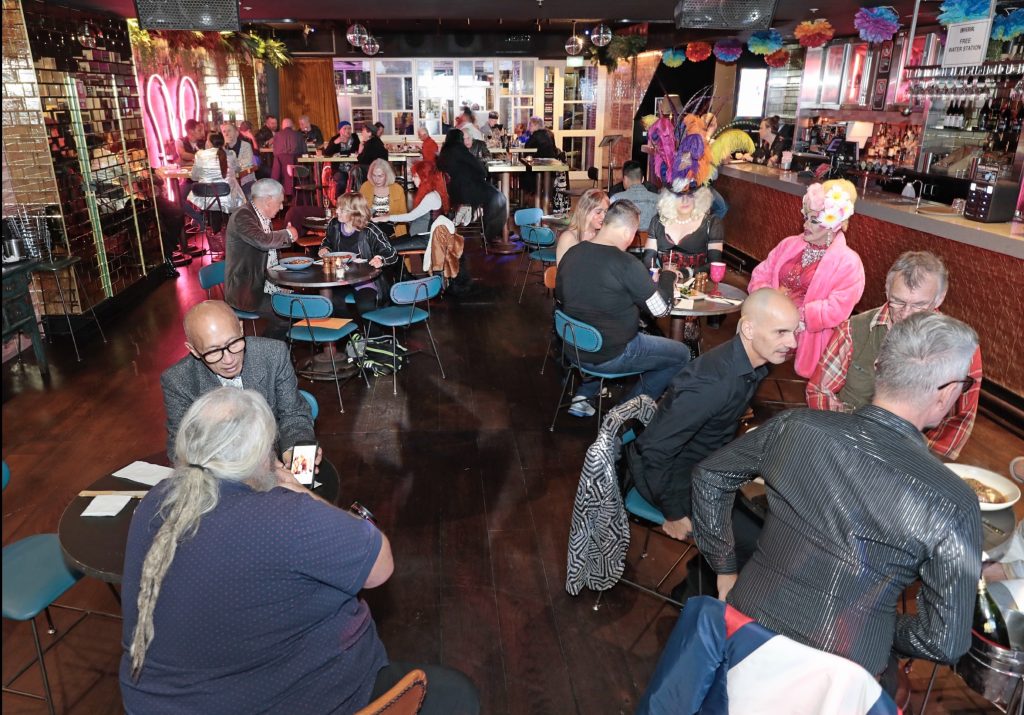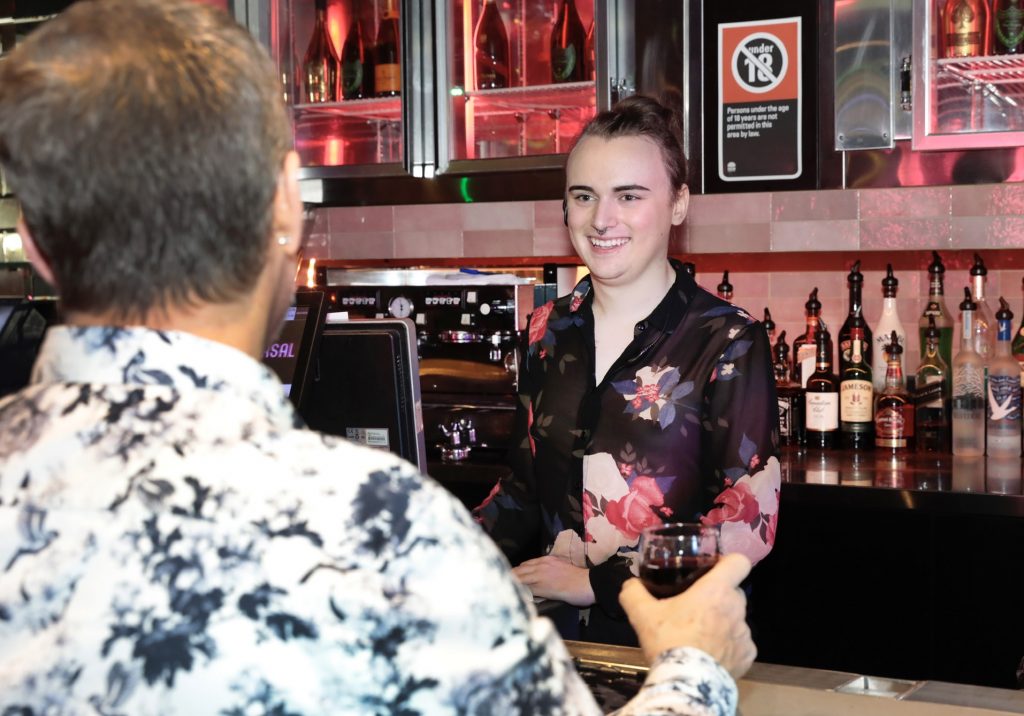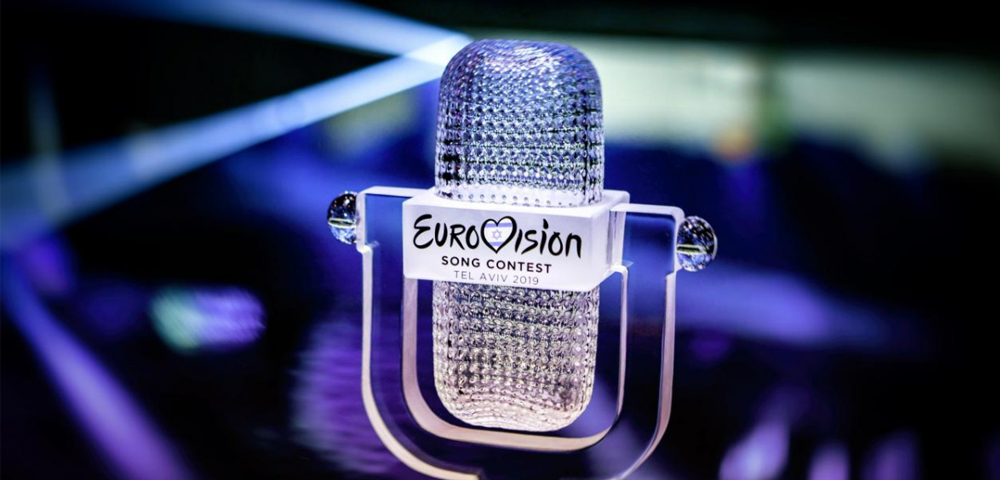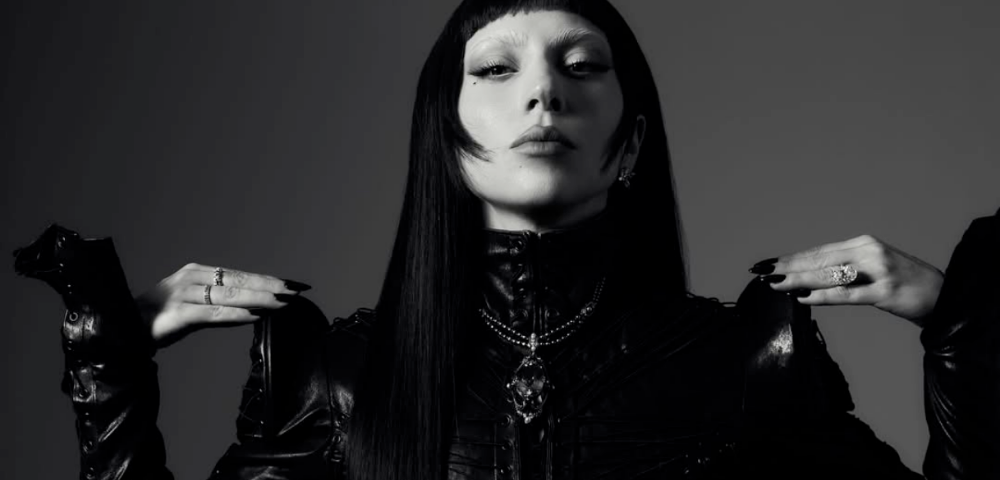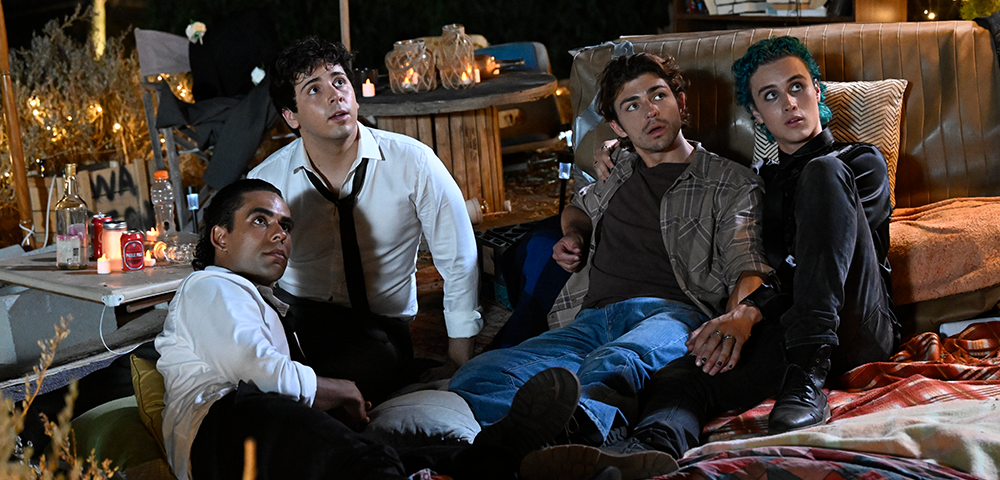
Privacy Concerns Raised Over COVID-19 Venue Sign-Ins
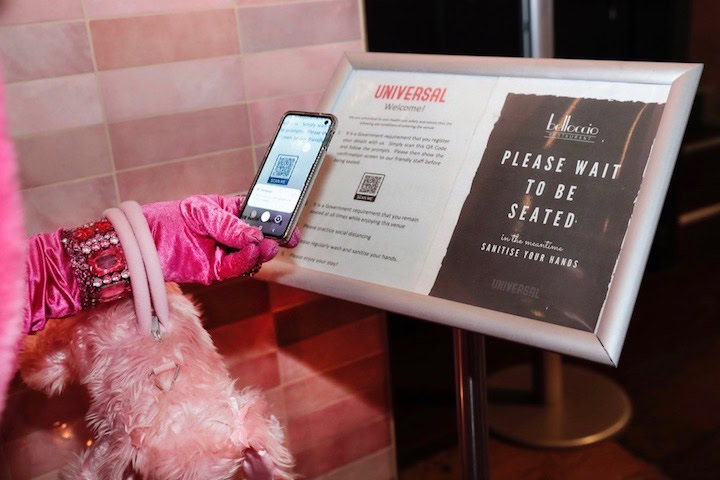
After an 11-week long COVID-19 lockdown, LGBTQI businesses across Australia are now reopening their doors as restrictions begin to lift.
The past week was the first full week of service for many establishments since Australia enforced social distancing restrictions. From June 1, the easing of restrictions has allowed restaurants and bars to seat 20 patrons at a time, and from June 21 onwards this will be increased to 50 patrons.
Under new reopening restrictions in NSW, 1.5 meters distance between tables must be adhered to, sanitation stations must be available to all patrons with all surfaces and tables sanitised after each visit, and all bookings maintain a strict 1.5 hour sitting time.
However, one change that’s sparked debate is the requirement for all adults to check-in upon arrival.
This will involve supplying full names and either a mobile phone number or email address. These details are retained by the venue for 28 days and will be shared with NSW Health if requested.
However, while the new rules, though restrictive, are allowing community-run LGBTQI businesses to re-emerge, some are concerned with the privacy implications that arise with the ‘check-in’ requirement.
Chandrashekar Prabhu is one of the many LGBTQI people who share these concerns.
Speaking to Star Observer, Prabhu said that worries surrounding private information are apparent, but more so for people who come from minority communities that are not accepting of LGBTQI identities.
“There’s concern about how someone could be outed,” he said.
“People who aren’t out will be deterred. It’s like MyHealth records which through voluntary, is still information that can be accessed by the Government. That made people feel uncomfortable, and it’s the same discomfort.
“When I wasn’t out, I still wanted to go to gay venues, but if I was faced with having to have my details recorded, I’d think ‘no way in hell am I gonna go to a place for the community.’
“What if my parents find out? What if my other social circles find out? Some people run the risk of losing these people – or worse, what if you’re treated differently afterwards.”
Before we immediately label those raising concerns ‘tin-foiled conspiracists,’ it’s important to note that concerns over the protection of private information are valid.
Earlier in May, privacy advocates raised new concerns about the federal Government’s COVID-19 tracing app. Specifically, urging the Government to ensure personal data is not stored on a central database, arguing increased risks in data-leaks from a single cyber-attack.
Furthermore, cyber-security researchers uncovered a significant data leak from an AFL fan website less than a fortnight ago that has exposed about 70 million records online, including private conversations between users.
Aussie Rules forum, Bigfooty.com, has now started to contact users to notify them about the breach, but it’s not known how many were affected.
In a report provided to Nine News, the researchers claim they were able to view private messages, mobile phone numbers, email addresses and other sensitive personal information.
And let’s not forget when attendees at this year’s Sydney Mardi Gras Fair Day were filmed by a large red camera circulating through the crowd – causing concern among digital rights advocates, and outrage among community members.
The camera used facial-recognition technology to count attendees, but could also be used by law enforcement for identification purposes in the future.
It’s clear that while we consider the protection of our private information a fundamental right, it’s more so a privilege – and privileges can be abused.
So, while LGBTQI venues are keen to reopen after having to lay-off staff and burn through savings, they’re also sympathetic to concerns that have been raised and want to assure community-members that their personal information is safe.
Marketing manager of The Imperial Hotel in Erskineville (The Impy), Oliver Levi-Malouf, also known as one of Sydney’s biggest drag icons, Etcetera Etcetera, shared how The Impy is accommodating for a post-COVID world since reopening its restaurants and bars.
Oliver affirms that personal information is safely stored, and assures the LGBTQI community that this “weird transitional phase” shouldn’t discourage patrons from revisiting drag shows or simply having a pub-meal at their local gay-watering-hole.
“It is an important question, and obviously after what happened at Fair Day, everyone’s a bit more conscious about how people’s information is recorded, especially when the government gets involved,” they said. “What we’re trying to ensure people at The Imperial is people’s safety, first and foremost. We’re using a solution called ‘MyGuestlist’ for COVID-tracing.”
When customers arrive at a venue, they can either register by SMS, via the website or scan a QR-code. They then fill out a form through ‘MyGuestlist’ with their necessary details.
“That data is stored securely by ‘MyGuestlist’, and only authorised people can access it to provide to authorities when requested. It’s basic industry data handling practice,” they continued.
“After 28 days, the data is automatically destroyed. If there was to be a case of COVID that came through Imperial and we did have to notify people, that process is all anonymous, and it doesn’t identify individuals.
“We’re very conscious of making sure the LGBTQI community feels safe at The Imperial and making sure that no one can look at that data unless authorised by health authorities – and in that case, the data becomes anonymous.”
Promotions and Marketing Manager for Stonewall Hotel, Glenn Hansen, noted the need for signing-in is the best way to protect the Stonewall’s staff and loyal customers who have returned to Stonewall since its recent reopening (photos from opening weekend).
“It’s such a different time, and we’ve never been through a pandemic like this before, the main concern, however, is people’s safety,” Hanson told Star Observer.
“We shouldn’t be scared of giving out details as we have to give them to all venues. The information is being kept confidential, and it’s gone after 28 days. But, it’s there for a purpose and we’ve got to remember the safety of staff and customers at this stage.
“We’re all learning as we go and no venue wants to do the wrong thing and be shut down. So, that’ll come if we take our time and reopen the right way.”
